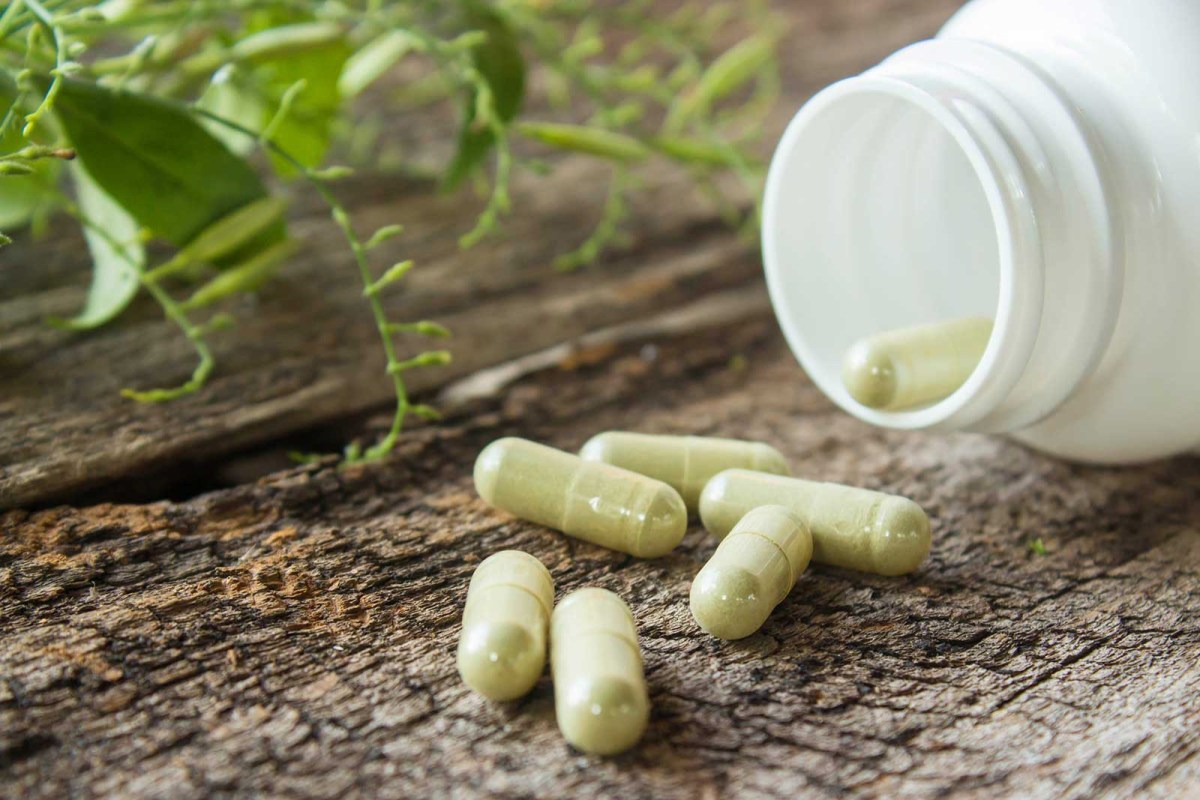The father of modern medicine was quoted saying, “Let food be thy medicine and medicine be thy food.”
People in America have become increasingly willing to turn to herbal supplements to ease common woes.
While this method has its rightful place in the medical world, those looking to abuse herbs can face a world of danger, and many have just found this out the hard way.
A new herbal supplement called kratom has hit the streets, with almost a hundred fatalities in its wake thus far.
The CDC put out a report citing kratom as the cause of death in 91 fatal overdoses in the United States from July 2016 to December 2017.
This is a drastic spike from the 44 that were previously known about, according to NBC News.
It is suspected that once the CDC releases the report for overdose fatalities to date, the number will rise once again.
Kratom is “a plant that is grown naturally in Southeast Asia and often sold in powder capsules,” according to USA Today.
Why would people take this herb if it has the potential to be so dangerous?
Just like opioids, the dietary supplement is typically used as a tea to ease opioid withdrawals, fatigue, pain, cough, and diarrhea, as USA Today reports.
The National Institute on Drug Abuse explains how kratom can elicit feelings of sedation and pleasure by interacting with opioid receptors.
With the national epidemic of opioid addiction, as Mommy Underground has previously reported, it is not surprising that a herb with these effects is gaining popularity.
Kratom offers an inexpensive alternative to taking opioids, while giving the individual less severe effects.
Taking this supplement could, assumingely, give addicts a tapering method for getting off of opioids, but without supervision, an addict is likely to take too much.
Individuals taking kratom think that because it is a herb from a plant that it can’t be dangerous, and that they don’t have to be mindful of dosages, but that is not the case.
Henry Spiller, director of the Central Ohio Poison Center reported to USA Today the warnings with the popular herb:
“There’s a general feeling, I think, that this is a natural substance, so it’s safe. But we need to get across there are risks with this.”
As would be assumed with what is known of kratom, toxicology reports on the overdose victims showed that there were often other drugs in the body’s system at the time of the fatality.
USA TODAY reported:
“In seven of the overdoses, kratom was the only substance to test positive in a toxicology report, though the CDC says other substances couldn’t be ruled out.
Health officials looked at numbers from state overdose reporting databases and found that of the 27,338 overdose deaths in that time period, 152 of the deceased people tested positive for kratom, even if it was not a cause of death.”
It’s not just the fatalities that are concerning.
A report was released that showed shockingly high numbers of phone calls about kratom exposure to poison control centers all over the nation are pouring in, according to USA Today.
With so many deaths already reported, and more on the horizon, it is surprising that the government has not attempted to make kratom a controlled substance.
The FDA and DEA have warned users about the powerful effects of kratom in high doses, but this has not weaned use.
It is addicts who are more likely to turn to kratom for its pain relieving and sedation properties, likely becoming increasingly aware of the supplement through the DEA’s warnings.
Kratom use has increased in popularity in the United States in recent years, the CDC says, though it is not scheduled as a controlled substance. The FDA and DEA have warned about its use in the past.
In about 90% of fatal overdoses of kratom, the individuals were not currently being treated by a doctor for pain, according to the CDC.
Young men can be especially susceptible, because of their curiosity with the feelings that various drugs can induce.
We must be vigilant in our knowledge about the dangers that can be lurking in our homes and in our children’s schools.
The approach for this growing concern should address the mental health of the individuals who seek the euphoric escape from reality.
While there are addicts who begin the dangerous journey into opioid use through a prescription for legitimate pain, continued abuse often is emotionally, psychologically, and physically afflicting.
Awareness for kratom and the possibly deadly results of the supplement need to be widespread, protecting our children, and all the loved ones who succumb to its powerful effects.
Please let us know in the comments section if you have heard of kratom, or its increasing popularity.

